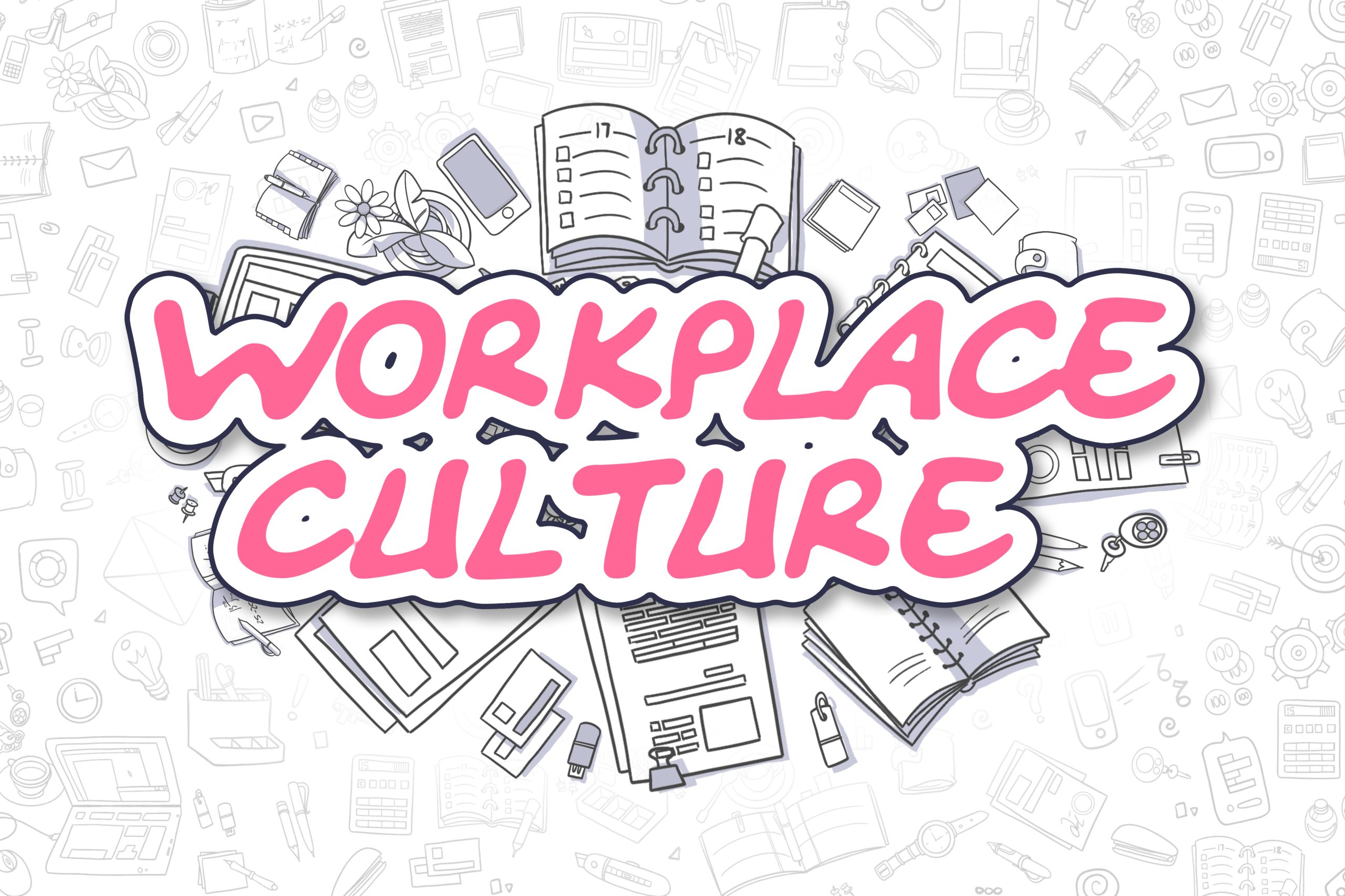In today’s fast-moving, complex organisations, collaboration and continuous learning are no longer optional — they are essential. Yet too often, development efforts are isolated events that fail to create real behavioral change. This is where mentoring — especially when embedded as part of the organisational culture — can play a powerful and transformative role.
Why Mentoring Matters!
Mentoring is more than a programme. When done well, it becomes a strategic development activity that supports both the organisation’s vision and the individual’s personal and professional growth. It’s not just about transferring knowledge; it’s about building relationships that foster trust, initiative, and a shared responsibility for learning.
A mentoring culture doesn’t just support learning — it amplifies it. It connects people across silos, builds bridges between generations, roles, and perspectives, and encourages curiosity and reflection. It supports the development of a growth mindset at all levels of the organisation, where learning from mistakes, asking questions, and trying new things becomes part of everyday work life.

From Training to Culture: Creating the Right Environment
Too often, learning is treated as something that happens in formal settings — courses, workshops, or e-learning modules. But real, sustainable learning happens in collaboration with other people. When people feel safe to be open, to ask for feedback, and to explore new ideas together, learning becomes part of the culture. Developing a mentoring culture supports this shift.
Mentoring fosters:
- Ownership of learning: Individuals take charge of their own development.
- Generosity: People generously share their knowledge and support others.
- Initiative: Employees who are proactive in developing themselves and others.
Mentoring encourages everyone — from new hires to senior leaders — to be both learners and teachers, mentors and mentees.
Learning Together – Not Just Alone
One of the most powerful aspects of a mentoring culture is the emphasis on learning together. Instead of relying on one expert to provide all the answers, mentoring relationships encourage shared experimentation and finding new answers together. This is particularly valuable in today’s world of disruption and uncertainty, where no single person can have all the answers.
In peer mentoring, for example, two individuals at a similar level in their career are matched to support each other. Neither are expected to be the expert — instead, they learn through dialogue, reflection, and sharing experiences. This type of relationship can be especially effective when formal mentors are unavailable, or when the goal is to build stronger networks across departments, roles, or diversity dimensions.
Deepening the Learning Process
Mentoring supports learning at different levels. At a basic level, it helps individuals fine-tune their current skills — what’s known as single-loop learning. But mentoring can also foster double-loop learning, where people begin to question their assumptions, challenge existing ways of working, and co-create new ways of thinking. This is hard to achieve on your own and is much easier achieved together with a trusted other person who challenges you.
This deeper level of learning requires psychological safety. It requires a space where individuals feel comfortable being vulnerable, asking difficult questions, and engaging in honest reflection. Mentoring relationships, built on trust and mutual respect, are ideal for this.
The Culture We Create Together
Ultimately, mentoring is about culture. It’s about the everyday interactions that shape how people experience their work and their growth. When mentoring becomes part of the culture, it creates a ripple effect: new habits of reflection, curiosity, and collaboration spread across teams and departments.
A mentoring culture is not a quick fix. It takes time to build and maintain. But the long-term benefits — greater engagement, stronger relationships, better collaboration, and more innovative thinking — are worth the effort.
By creating a culture where learning and growth happens every day, where people naturally ask for help and help each other learn, and where they feel supported in their journey, organisations become more resilient, more connected, and better equipped for the future.


